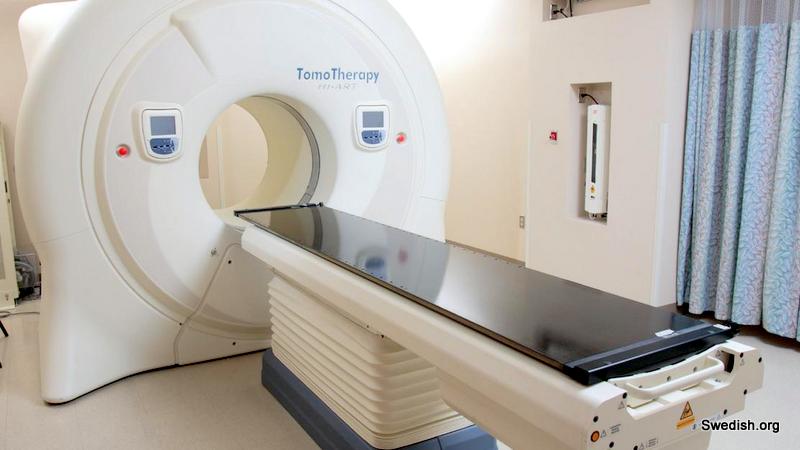Only 13 radiotherapy machines are available in Nigeria, according to Dr. Adamu Umar, President of the Nigerian Cancer Society, despite the country’s massive population.
However, according to Dr. Umar, the majority of the radiation equipment in public healthcare facilities is inoperative.
Intense energy beams are used in radiation therapy, a sort of cancer treatment, to kill cancer cells.
Radiotherapy is widely used to treat the most prevalent types of cancer, such as breast, cervical, colorectal, and lung cancer, and it is required by more than 50% of cancer patients, according to the World Health Organization. However, there is a lack of access to radiation, especially in low- and middle-income nations.
The 2018 Globocan statistics showed that there were 211,052 cases of breast, prostate, cervical, colorectum, and Non-Hodgkin lymphoma cancers in Nigeria.
Globocan is an online database providing global cancer statistics and estimates of incidence and mortality in 185 countries for 36 types of cancer, and for all cancer sites combined.
Speaking in an interview with our correspondent, Dr Umar said “We have nine radiotherapy machines that either belong to the government or in a public-private partnership with the government.
“We have seven across the federation – the National Hospital, Abuja; the University of Nigeria Teaching Hospital, Enugu; University College Hospital, Ibadan; the Usman Danfodio Teaching Hospital, Sokoto; Ahmadu Bello University Teaching Hospital, Zaria; the Lagos University Teaching Hospital, Idi-Araba, Lagos; we also have one in Enugu and another one at the NHA owned partly by the private and the government. Again, there is one at the NSIA LUTH Cancer Centre, apart from the one in LUTH itself.
“We can say we have 13 when you consider the ones in private facilities like the Marcelle Ruth Cancer Centre & Specialist Hospital, Lagos; Duchess hospital, Lagos; Me Cure healthcare, Lagos; and other private facilities.
Igbo Doctor Wins “Brain Tumor Research” Award In U.S.
“The problem with the machines that belong to the government is that most of them are not functioning and even those that are functioning, the requisite staff to manage them, that will need extensive training are not trained adequately and when the machines break down, you will have to import the parts.
“In Nigeria, we should have at least 300 radiotherapy machines as opposed to the 13 that we have. So many African countries don’t even have the machine but we have some, even though we are still struggling.
“Currently there is an ongoing state-of-the-art cancer centre in Maiduguri; Federal Medical Centre, Katsina; even in Rivers state, there’s a state of the art cardiovascular and cancer centre, in Kwara too, a philanthropist donated money to the government for a cancer centre.
“Also, Governor Ganduje is doing the same in Kano but the problem is that we don’t have enough resources. In the whole of Kano State, we have only one clinical oncologist.”
A professor of radiation therapy and oncology at LUTH, Francis Durosinmi-Etti said even though the radiotherapy machines available in the country are not enough, there is hope for cancer patients.
“More cancer centres are being established and the private sector is getting involved in the treatment of cancer. Gradually, we will get there someday,” he said.
Follow us on Facebook

